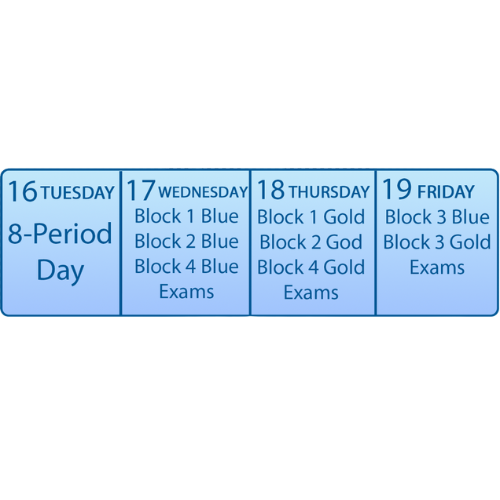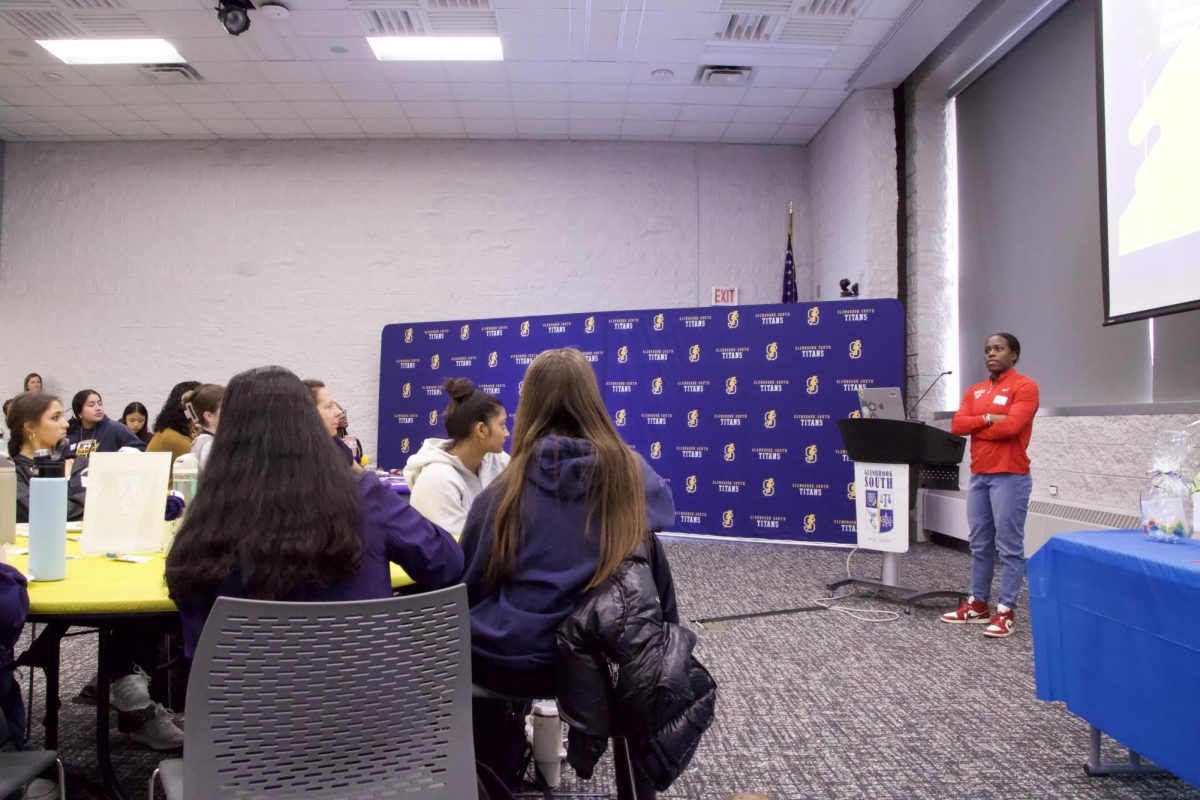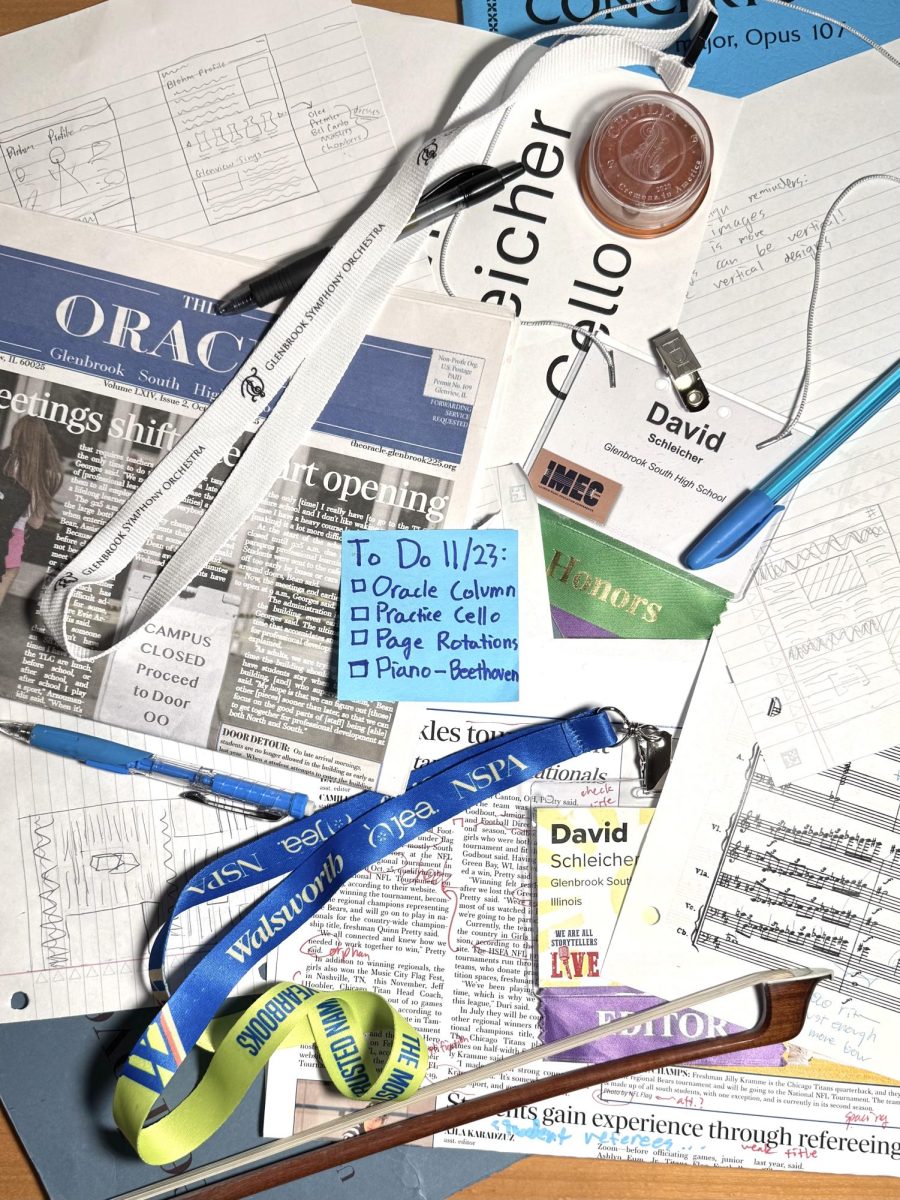By passing laws that ban student cell phones during class time, school districts across the nation are racing to create phone free learning spaces, The New York Times reported. Florida, Indiana, Louisiana, and South Carolina have already passed laws banning students cell phones, and District 225 has followed suit applying a new rule requiring students to place their phones in a phone caddy for the duration of the class block, South Principal Dr. Barbara Georges said.
Many states cite students’ declining mental health, cyberbullying, and an increased sense of nomophobia, the fear of not having access to your phone, to excessive phone usage, The New York Times reported. District 225 believes that phone usage in the classroom takes away from students’ education, The New York Times said.
In an unscientific study conducted by The Oracle, over 50 percent of South students believe that the new phone policy will improve their academic success and improve their focus at school. Additionally, 55 percent of students said the new phone policy will help to improve students’ social abilities.
Since the new rule has taken place, senior Maddie Uhlemann has noticed a significant change in the way students interact with each other.
“Instead of relying on phones for entertainment, we [communicate with] each other and build connections,” Uhlemann said.
The phone ban allows for student collaboration and an increase in social interaction, English Teacher Katrina Prockovic said. Interaction between students has improved even in small moments, she added.
“Students are much more likely to turn and talk to each other during breaks rather than retreat into their phones,” Prockovic said. “Making the cell phone policy schoolwide has eliminated some of the tension and disruption that can come from teachers trying to enforce their own policies.”
Not only does the new policy change the way students interact in school, Uhlemann has also observed differences outside it.
“The lack of being on our phones during the day rewrites our brains to not crave it outside of school” Uhlemann said. “Meaning [when] hanging out with friends, we feel less of an urge to be on our phones.”
In addition to social skills, phones are impacting students’ ability to focus, Georges said. A study from The University of Chicago revealed that students having their phones in any proximity to them hinders their learning and focus. Due to this, many teachers and school districts around the country are placing stricter rules on phones, Georges explained.
“I would almost call it a movement,” Georges said.
In feedback, students’ families were extremely excited to hear about the new policy, and the District received a lot of praise for their new stance, Georges said. Additionally, teachers are feeling the positive effects of the new change, Georges said.
“[Students] are more engaged in learning when [they’re] not distracted,” Georges said. “Because students are talking human to human, [not] phone to phone, they are able to have a greater sense of belonging, increase [their] comfort level, [and make] new friends and peers.”














